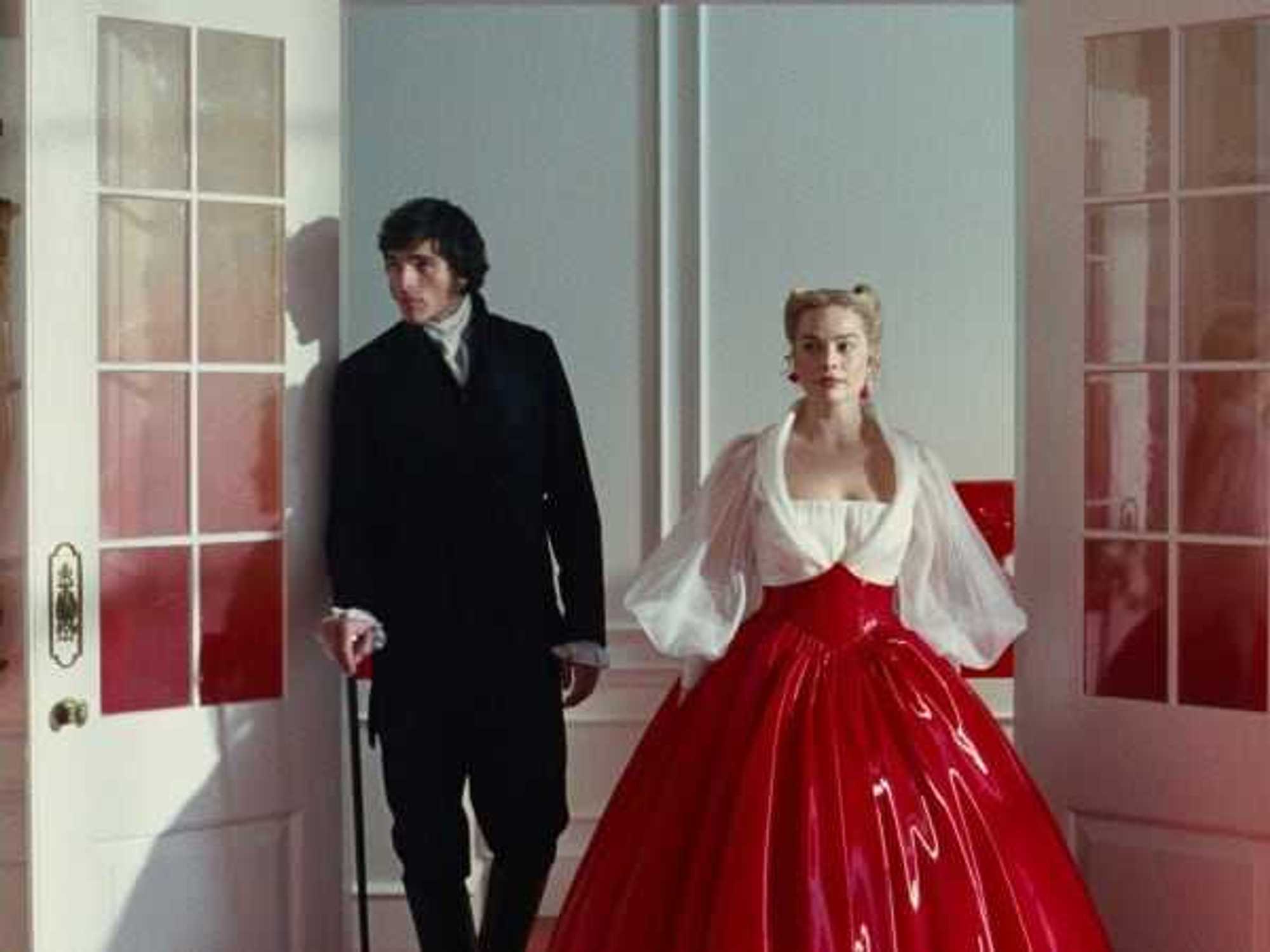Movie Review
Blake Lively fights domestic abuse in book adaptation It Ends With Us

Blake Lively and Justin Baldoni in It Ends with Us.
The film adaptation of It Ends With Us, based on the 2016 Colleen Hoover book that re-emerged as a bestseller in 2021, has to walk a tricky line. Like the book, it has to depict cycles of domestic abuse for its protagonist, Lily Bloom (Blake Lively), while also delivering a decent amount of romance so that audiences can comprehend why she would be with the abuser in the first place.
Director Justin Baldoni and writer Christy Hall accomplish this by inserting a little filmmaking subterfuge and keeping things relatively light for most of the film’s running time. We meet Lily as she returns to her hometown in Maine for the funeral of her father (Andrew McKidd), who abused her mother (Amy Morton) throughout her childhood. When she goes back to her current home in Boston, an impromptu visit to a high-rise rooftop leads to a chance meeting with Ryle Kincaid (Baldoni), a temperamental neurosurgeon.
The budding relationship, spurred on by Ryle’s sister Allysa (Jenny Slate) and brother-in-law Marshall (Hasan Minhaj), brings up memories for Lily (played in flashbacks by Isabela Ferrer) of her first big relationship with Atlas (Alex Neustaedter), who experienced similar domestic trauma. While she and Ryle seem to have a healthy bond, flashes of anger from Ryle start to make Lily wonder if she can ever remove herself from the abuse cycle.
Although the pain Lily has experienced from a young age is apparent from the start of the film, Baldoni and Hall soft-pedal scenes featuring abuse for storytelling reasons and, likely, to get a PG-13 rating. In fact, much effort is spent on romanticizing Lily’s relationship with the ultra-handsome Ryle and her teenage bond with Atlas. When Atlas reappears in her life as an adult (played by Brandon Sklenar), it even appears that the story might go down the love-triangle route.
Slowly but surely the abuse starts to creep in, although Baldoni and his team couch it in an interesting storytelling gambit. Scenes where Ryle lashes out are initially shown to be ambiguous in nature, making it unclear exactly what happened. The filmmakers seem to be trying to put the audience in the muddled mindset of Lily, who can’t seem to reconcile the fun and loving person Ryle is most of the time with the occasions when he flies off the handle.
The serious parts of the film are balanced out by the presence of Allysa and Marshall, played by comic actors Slate and Minhaj, who bring a certain type of levity just by appearing on screen. Even though the side characters don’t add much substance to the story overall, they make for good sounding boards for Lily and Ryle, and act as emotional surrogates for the audience in certain scenes.
Lively has had a checkered film history over the years, but she proves here that she’s a strong performer who adds value to a nuanced role like this one. It’s interesting that Baldoni chose to cast himself in a somewhat unsavory part, but he has the looks and acting chops to pull it off ably. Also strong are Sklenar, who doesn’t overplay Atlas’ emotions, and Ferrer, who makes for a nice Lively doppelgänger in addition to being a good actor.
The serious message of It Ends With Us may not be fully served by its relatively muted storytelling, but Baldoni and Hall justify their approach in a series of small ways that add up a satisfying whole. Like other films of this ilk, if it can help even one person who may be stuck in a similar situation see the light, it will have done its job.
---
It Ends With Us opens in theaters on August 9.
